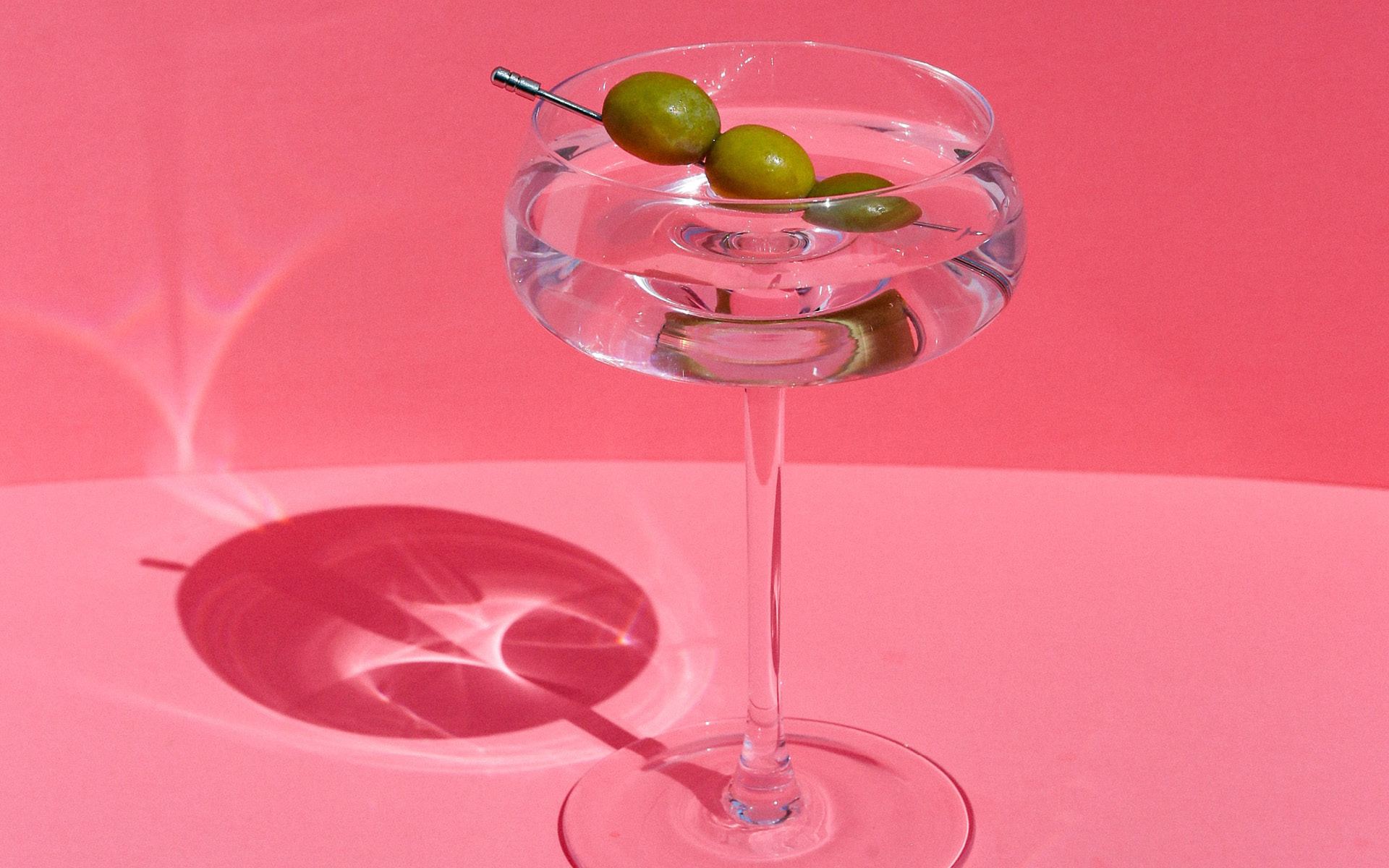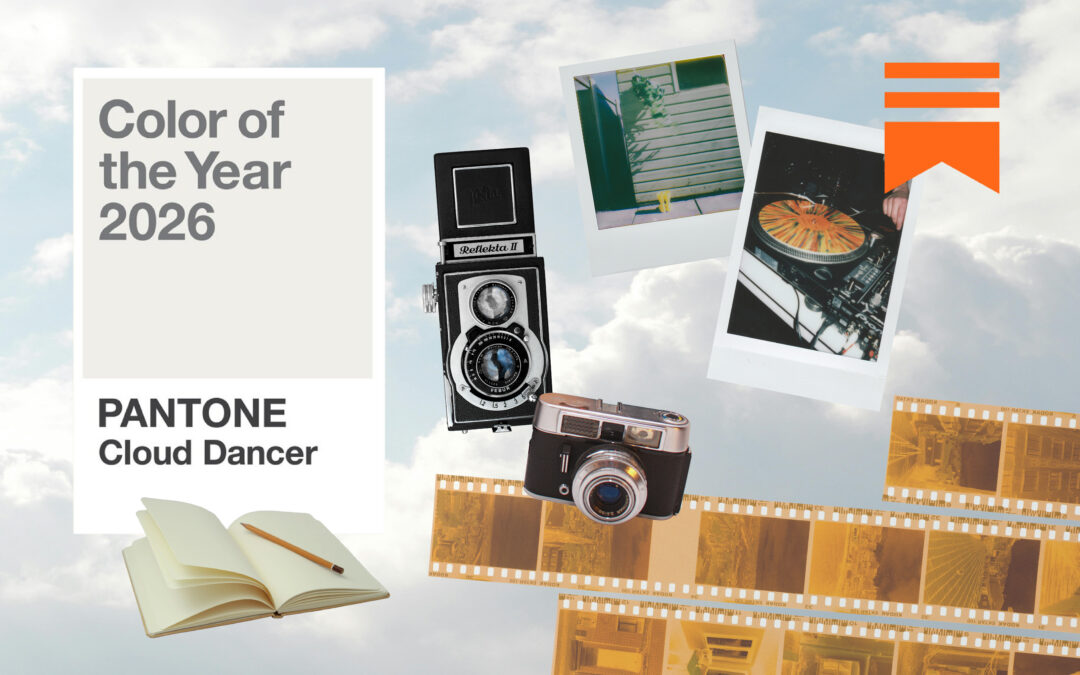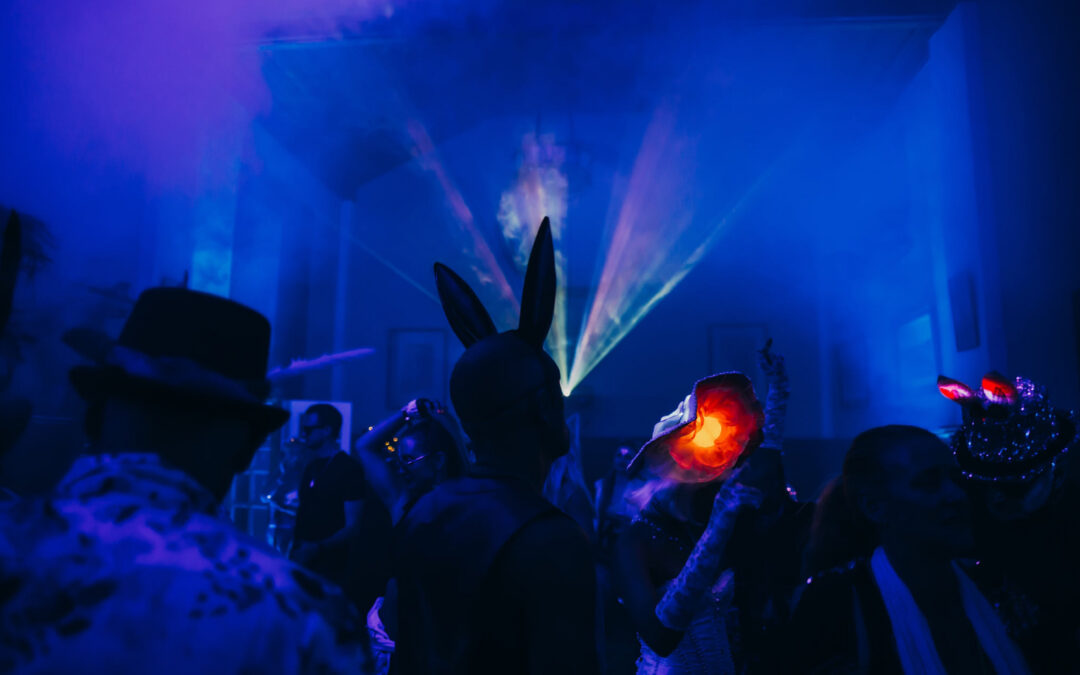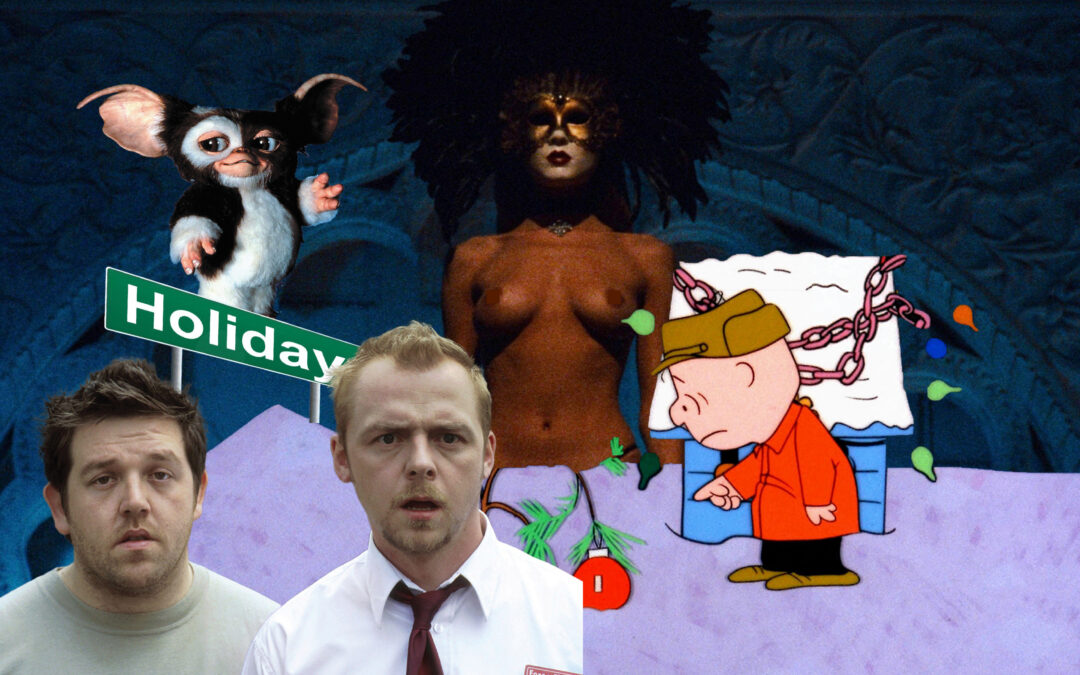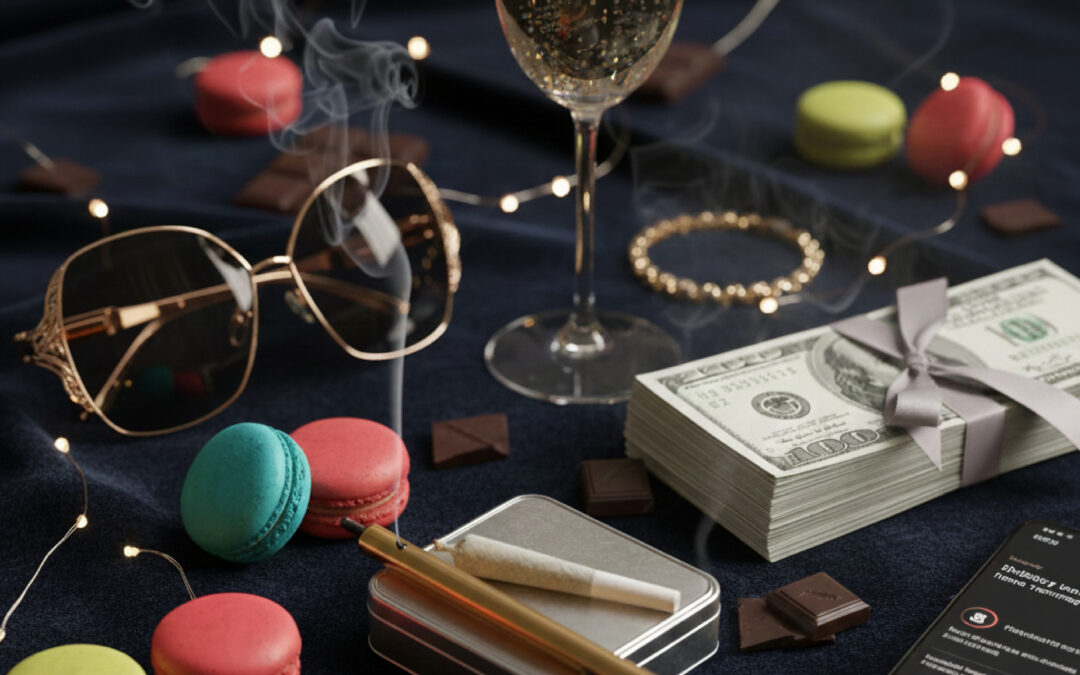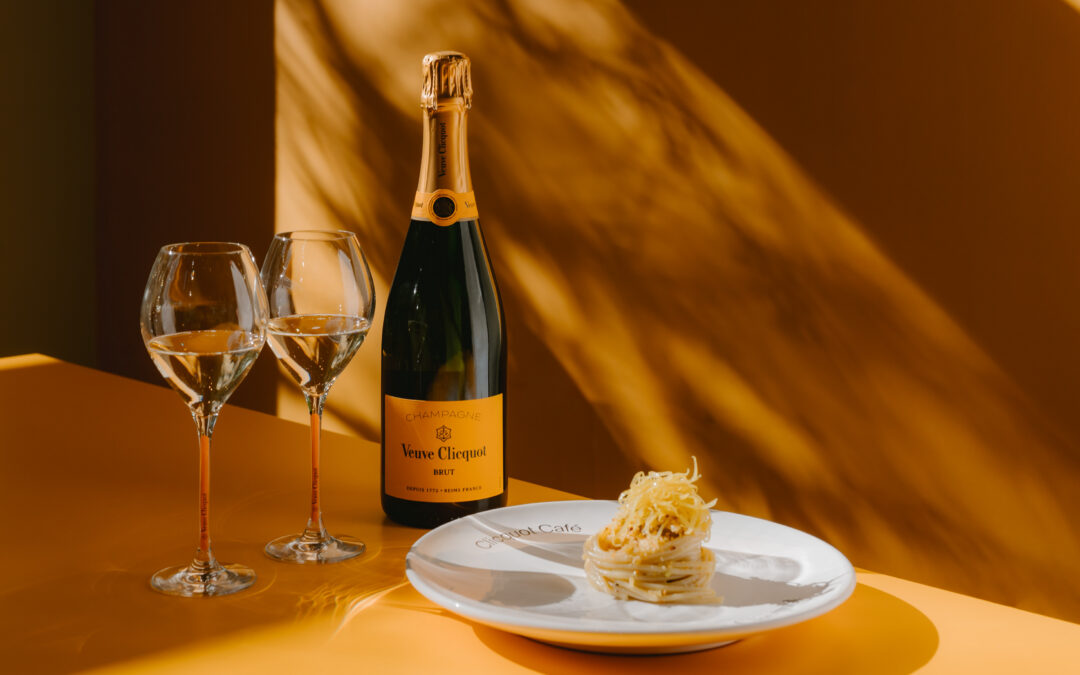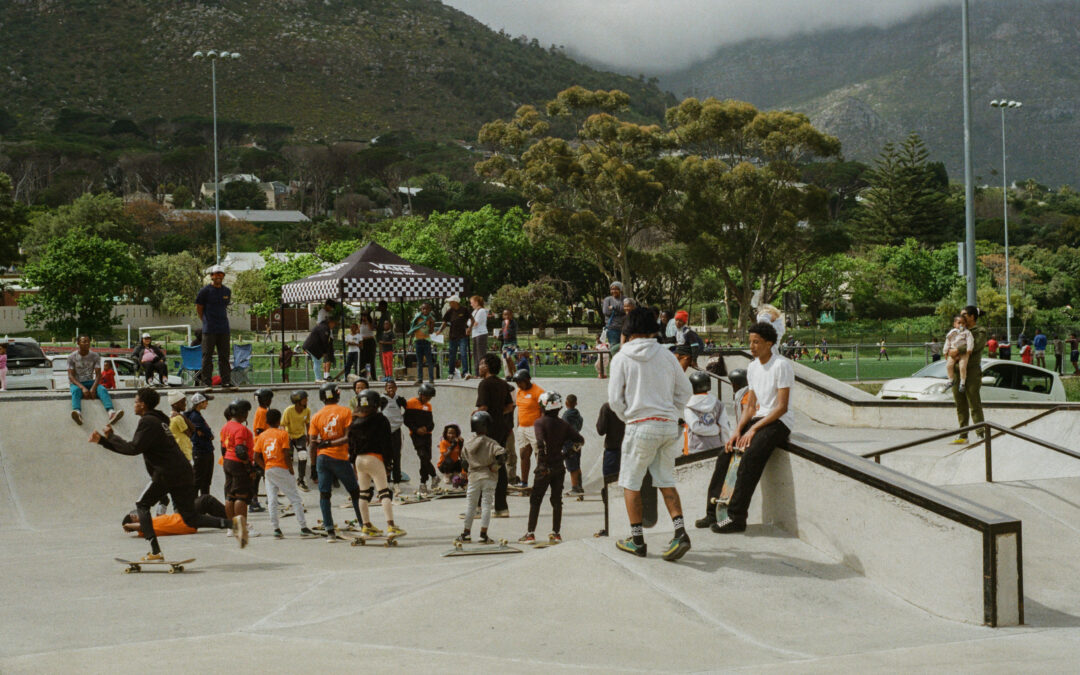Picture the scene. You’ve met up with a friend at one of your local bars for what inevitably won’t be just the one beer you agreed on having. “I can’t go too wild. I have some early meetings tomorrow morning,” he says to you, a kind of innocent reassurance that this will be just a calm catch-up. Time passes, one beer turns to two, to three, to four. You stop counting after a while. You have to go to the bathroom, you say, the words not yet slurred enough for you to know you need to stop drinking. Staggering but not quite stumbling, you make it to the bathroom, which you know will later be used almost exclusively for people to “powder” their noses. You empty your bladder and catch a glimpse of yourself in the mirror. You look rough, really rough. You have a good hard look at yourself, it’s time for that little mirror pep talk, because you could swear the room has never felt like it was spinning this much. While you were away, your friend bumped into some acquaintances. It seems there’s an event at this club nearby and to be honest, you have enough alcohol coursing through your veins that it doesn’t take much convincing to get you into a car. The club is dimly lit. It always is in fairness. You need another drink. Maybe two, gotta keep it going. “Do you want half of this?” the acquaintance says, signalling to a speckled pill in their hand. Fuck it, who cares, you’re mashed. The rest of the night is a blur. You have flashes of you dancing. Did you have even more to drink? Probably. You remember drunkenly flirting with someone you saw out at the bar. Did we make out? Does it even matter? You come to, slumped on a sleeper couch in your apartment. It’s noon. “What the fuck happened last night, weren’t we supposed to only go out for one drink?”
For a lot of people, it’s never “just one drink”.
After some recent self-reflection and a Halloween party where I’m pretty sure I consumed enough beer that my liver only recently recovered from, I posed myself this question. Am I drinking too much? Simply put, the answer is most certainly yes, and within South African drinking culture, I am definitely not alone. The statistics surrounding drinking culture in South Africa are pretty intriguing in a morbidly fascinating kind of way. Admittedly the percentage of people who engaged in drinking is lower than I expected at 31% of the population, albeit that third of the population drinks exceedingly heavily.
“Among those who consume alcohol, nearly one in two men (48.1%) and two in five women (41.2%) engage in heavy episodic drinking.” according to a 2011 report by the World Health Organisation. Now here, I feel it is important to clarify what the WHO classifies as heavy drinking. In this classification, I think the context within South Africa becomes even more concerning. WHO statistics measure heavy drinking as 60g or more of pure alcohol on at least one occasion in the past 30 days. AWARE breaks this down for us in more manageable terms. One unit of alcohol equates to about 10ml or 8g of pure alcohol. Let’s apply this to what you might have on a night out.
Malibongwe Tyilo did precisely this in an article for the Daily Maverick.
“…a standard glass of wine (175 ml) is 2.1 units, a cider 1.5 units, a single spirit mix as one unit, while a regular draft beer is three units. By those measurements, four glasses of wine in one sitting is a form of heavy drinking; the same would apply to drinking three draughts or three double spirits.”
Uhmmm, three draughts. I had that yesterday with lunch at Blondie without even batting an eye. Let me draw your attention back to the WHO’s measuring parameters. 60g of pure alcohol in the span of a month. I just had 72g of pure alcohol with lunch before coming back home to work on this article, yikes. I do realise that there’s a kind of slapstick comedic irony to me only seeing this stat after apparently engaging in heavy drinking, but I wouldn’t say that having three draughts is even close to being out of the norm in South Africa. Maybe that is part of the problem. Perhaps the drinkers in South Africa, obviously me included, have been engaging in the overconsumption of alcohol for so long that we have shifted the parameters not concerned with the guidelines set out by health care professionals but rather with our own twisted indulgence.
Here’s the thing, it’s not only that binge drinking is a problem, it’s the sheer frequency of these heavy drinking sessions. Let’s be honest. We, as South Africans, don’t need an excuse to get some drinks. Many of us have convinced ourselves that we should just quickly go and grab some drinks with colleagues or friends after work. A quick drink or two, to reward ourselves after a long day’s work. A quick drink or two as a form of celebration. A drink or two while we watch sports. When we’re bored. When we feel down. When we want to numb our feelings. When we think it’ll give us liquid courage on a date. When we need an escape. The list is frankly seemingly endless. South Africans have to a large extent, made drinking culture part of almost every social occasion. Joyous or emotionally dreadful, it seems the drinks are ever-present.
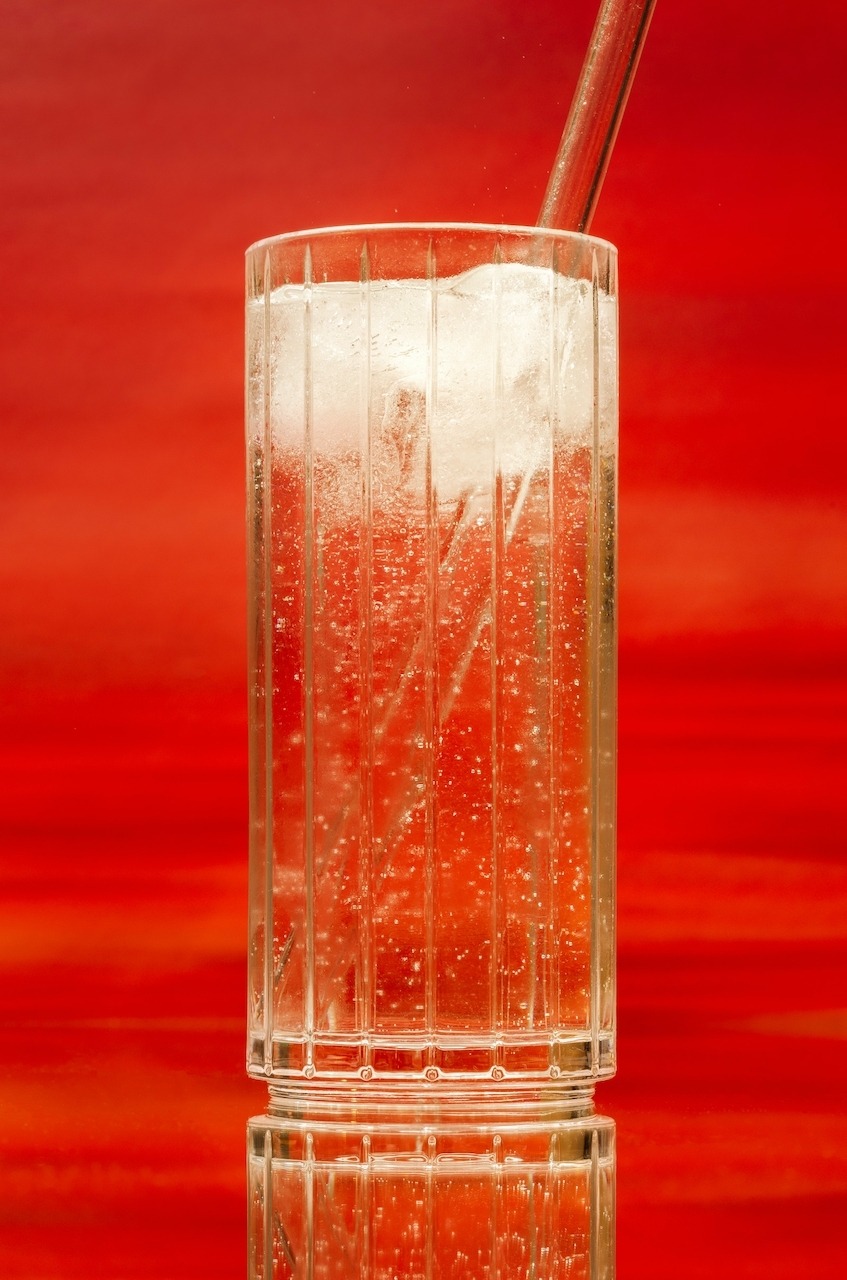
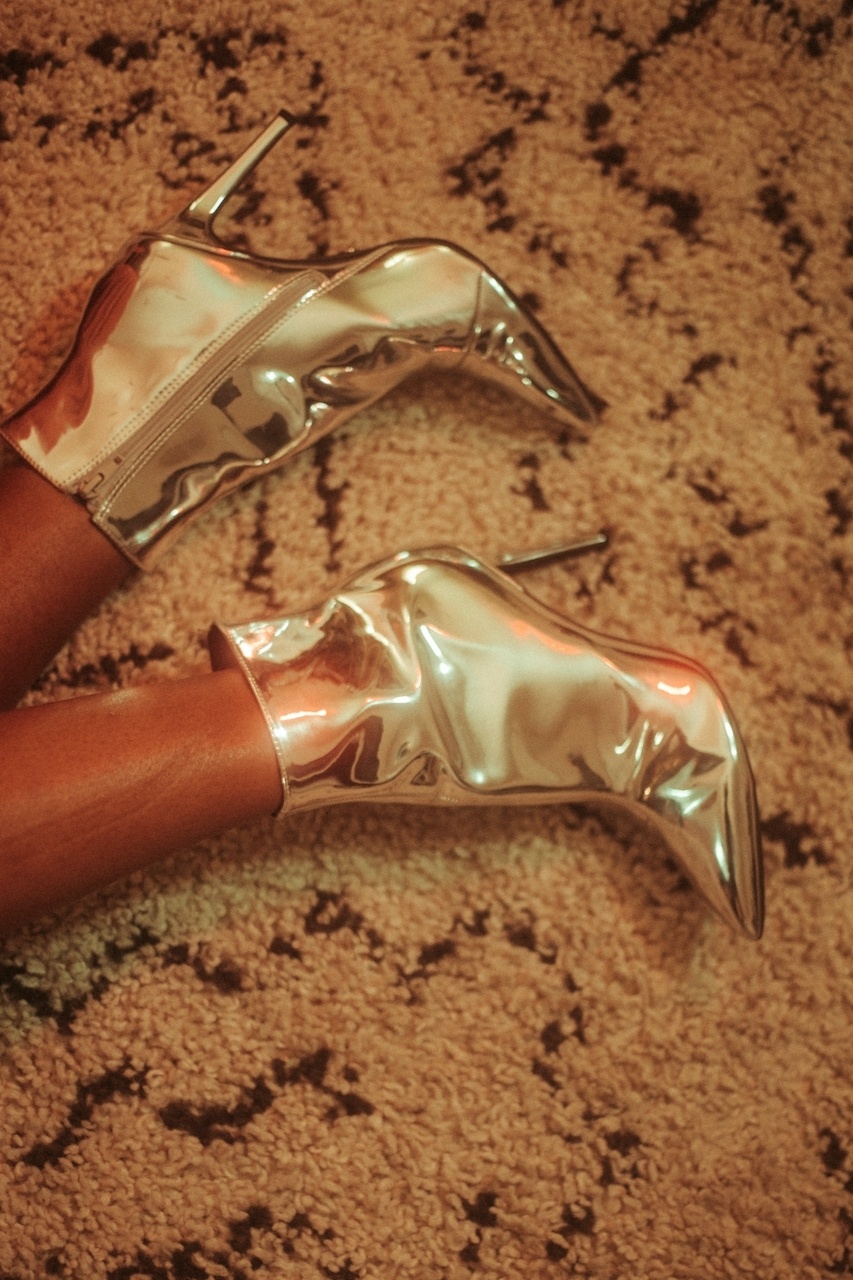
Given the fact that we can now say that a lot of us drink not only regularly but, as outlined by WHO, far heavier than we probably should, it’s only right that we mention the impact this deeply ingrained drinking culture has not only on us as individuals but on our communities. Now look, it’s no secret that humans aren’t necessarily the best at internalising long-term consequences. Despite how fun it may seem at the moment, there are some real and potentially severe consequences associated with alcohol abuse, both physically and psychologically. Let’s not forget alcohol is, at the end of the day, a depressant. That hangxiety and post-party blues don’t magically appear. As stated in the WHO report, “An expansive literature shows that alcohol intoxication can increase dysphoria, cognitive dysfunction, impulsivity and intensity of suicidal ideation.” – so, the hang-xiety blues are not just in your head; they are a common feature of drinking alcohol, at varying levels and quantities depending on each person. In a culture where drinking equates to sociability – these effects are often laughed off or deflected as ‘par for the course’.
Beyond the immense negative impact that alcohol abuse has on our mental health, we can not, and should not overlook, its tremendous negative impact on our communities. South Africa not only has the highest recorded percentage of fetal alcohol syndrome (FAS) but is, unfortunately, also one of the nations where gender-based violence and femicide statistics are sickeningly high. According to statistics released by the Western Cape government, 67% of domestic violence in the Cape Metropole was alcohol related, 69% identified alcohol/drug abuse as the main cause of conflict leading to the incident of physical abuse and 76% of domestic violence in rural areas in Western Cape was found to be alcohol related. And unfortunately, the abuse of alcohol cuts even deeper into our communities due to just how prevalent driving under the influence seems to be in South Africa. More than half (58%) of deaths on South African roads are linked to alcohol consumption, and we all know that this stat is far higher over the festive period.
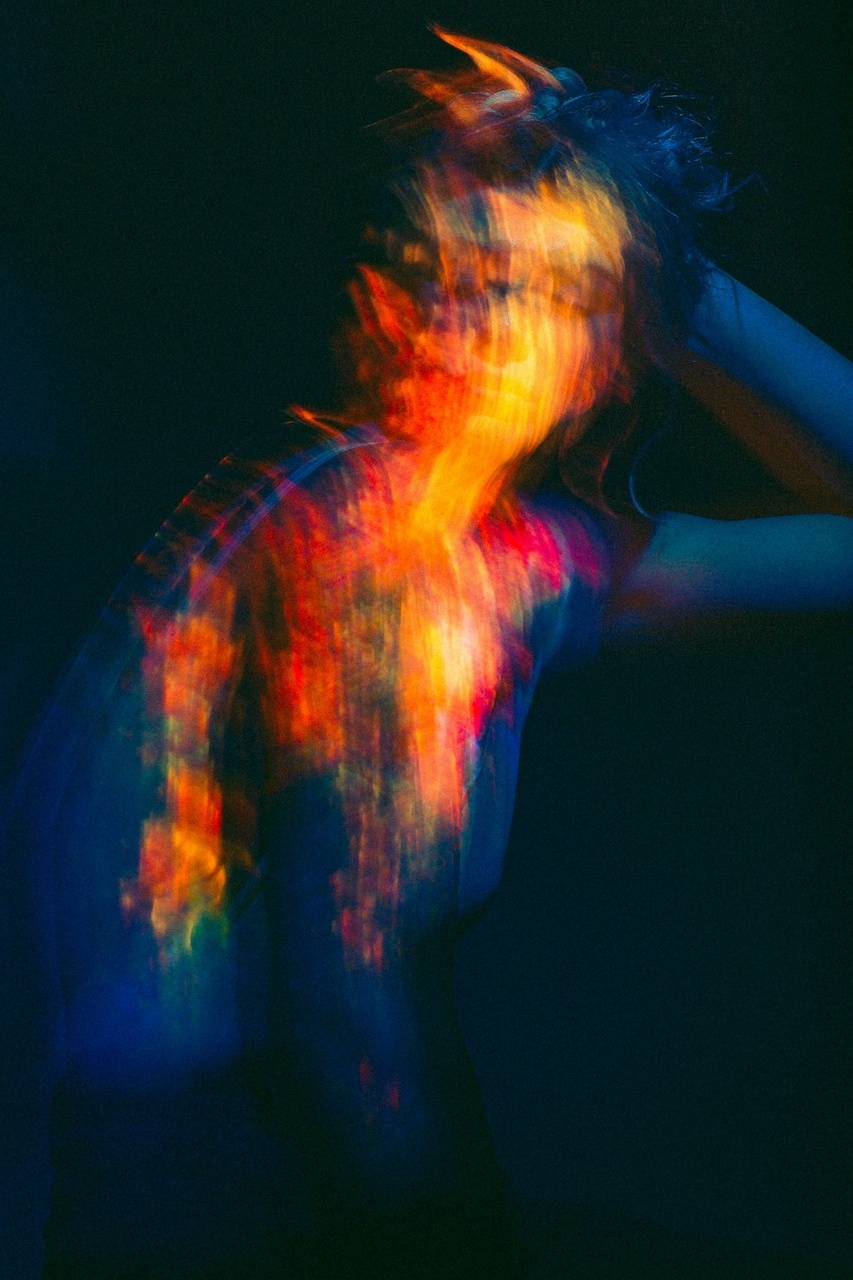
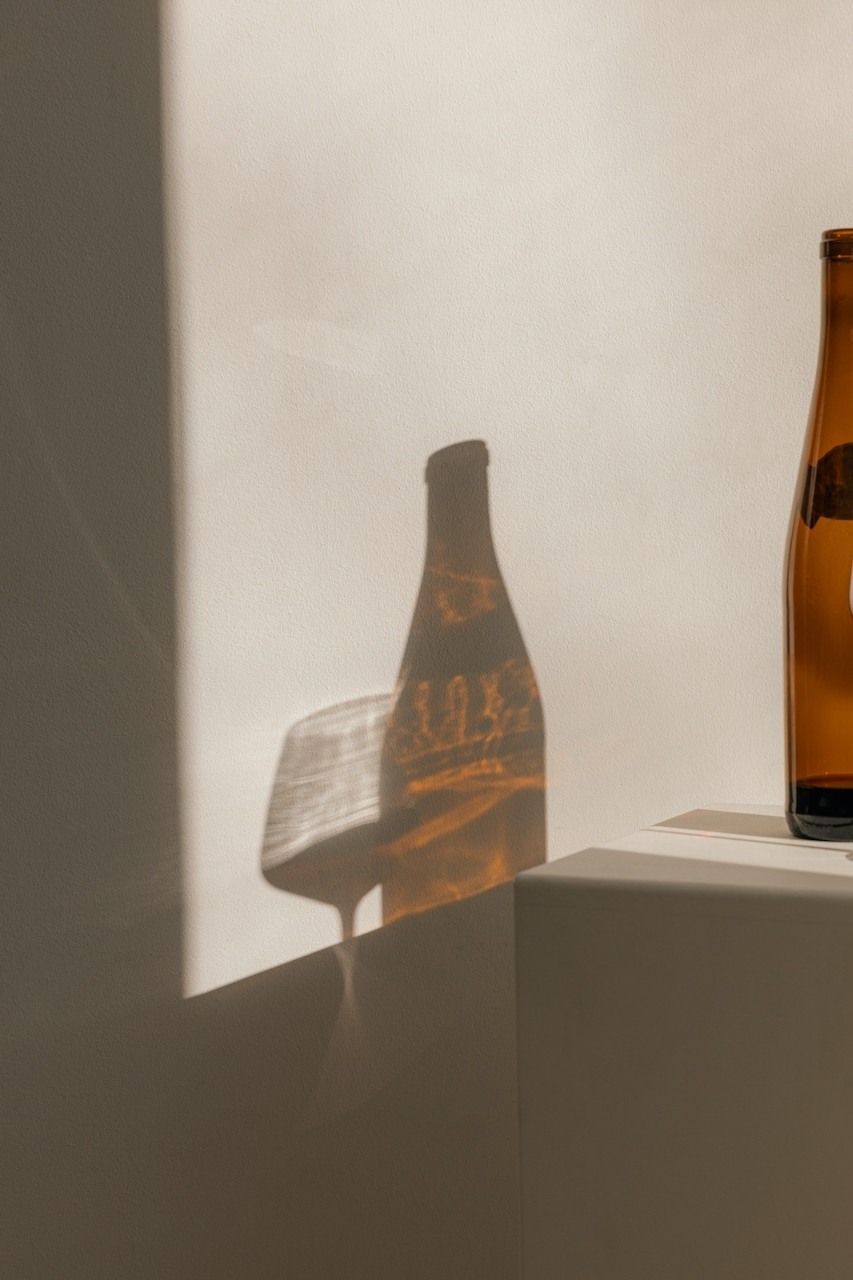
Now look, I know summer is here. We are all ready for sundowners, wine tastings, a lunchtime beer or two (remember, it can’t be three), family gatherings and the wind down to the year. We’re ready to pop champagne or an overly sweet sparkling wine as the clock strikes midnight to herald the start of 2023. And I know I’m the last that should be preaching mindful alcohol consumption. But maybe more of us should be asking, “Am I drinking too much”? If the answer is yes, know that there are myriad of resources available centred around community-care – and that the stigmatisation of sober-leaning lifestyles is becoming more popular – there are many ways to live, and even more ways to celebrate being alive.
If you think you need help quitting or even just reducing the amount of alcohol you consume, take a look at:
Published: 25 November 2022
Written by: Casey Delport
For more news, visit the Connect Everything Collective homepage www.ceconline.co.za

